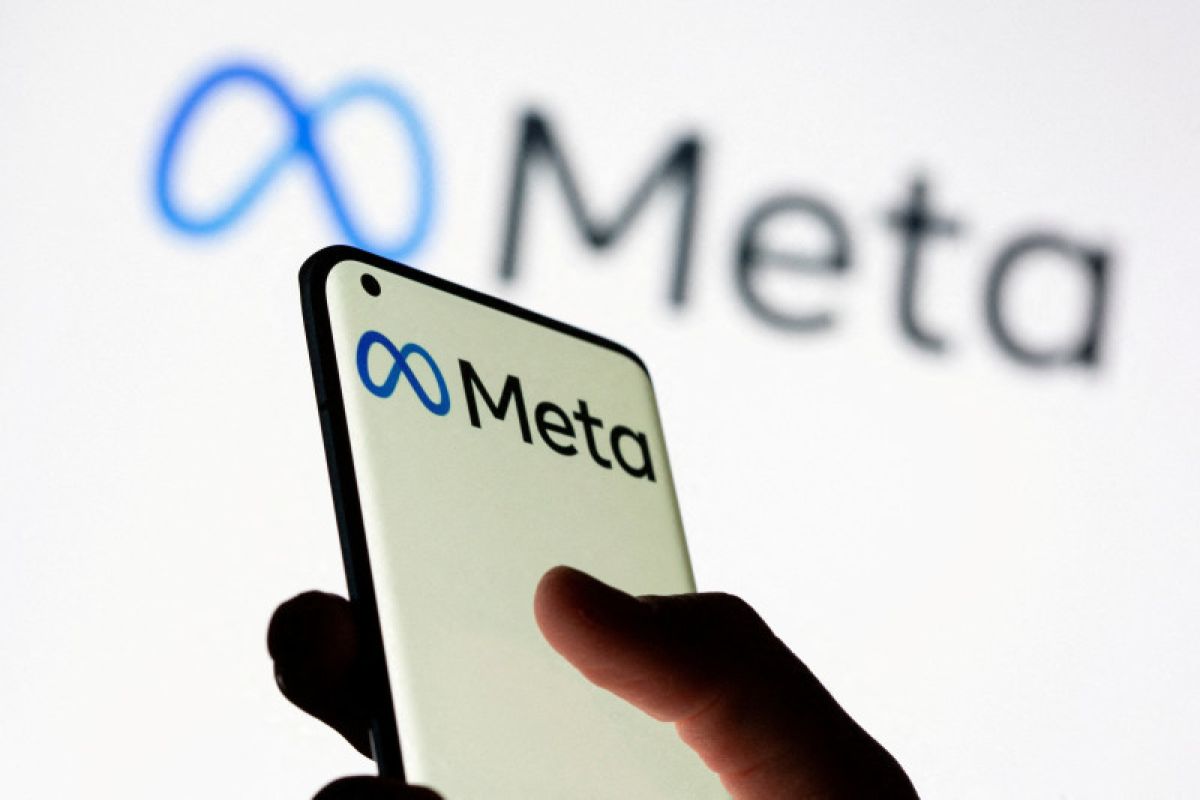The European Union has issued a significant financial penalty against Meta Platforms, imposing a €798 million ($840 million) fine on the social media giant, alleging that the company used its dominance to unfairly promote Facebook Marketplace. This decision marks one of the EU’s most notable antitrust actions, reflecting growing scrutiny over major US tech firms accused of anti-competitive behavior in the region.
The European Commission, the executive body responsible for enforcing EU antitrust laws, stated that Meta’s practices breached European competition regulations. According to the Commission, Meta linked its popular social networking platform, Facebook, with its classified ads service, Facebook Marketplace, in a way that was both coercive and obstructive to competitors in the online classified ads market. By embedding Marketplace into Facebook, Meta is alleged to have imposed conditions that disadvantage competing classified ad services, effectively compelling Facebook users to engage with Marketplace, while rivals faced unfair trading restrictions.
Meta’s response to the ruling has been swift but conciliatory. Although the company announced it would appeal the decision, it assured that it would comply in the interim and work toward implementing modifications to address the Commission’s concerns. Meta maintains that Facebook users are not forced to interact with Marketplace, pointing out that users retain the option to ignore or disable the service entirely, countering the claim that Marketplace is being imposed as an unavoidable feature.
The fine follows an extensive investigation by the European Commission that began in June 2021, targeting Meta’s market practices. Concerns escalated by December 2022, when EU regulators formally asserted that Meta’s linkage between Facebook and Marketplace could be anti-competitive. These concerns were based on the premise that Facebook’s dominance in the social media landscape enables it to exert influence over users, making it difficult for competing online marketplaces to attract a user base on a level playing field. The investigation also found that while Marketplace was established in 2016 and rapidly expanded to European markets the following year, it has since leveraged Meta’s social networking reach to gain a substantial foothold, potentially stifling competition.
Meta, however, has challenged the Commission’s findings, asserting that the link between Facebook and Marketplace is not mandatory for users. Additionally, the company argues that despite the Commission’s stance, there is no clear evidence showing that Marketplace’s growth actively harms other online classified ad providers or restricts their ability to operate freely within the EU market.
The implications of the decision are significant, as the European Commission can impose penalties up to 10% of a company’s global revenue in cases of antitrust violations. The ruling may also lead to a precedent for more stringent regulatory oversight of large tech firms, particularly those that offer interconnected services that might impact market competition.
This case joins a series of high-profile actions taken by European authorities in recent years against prominent US-based technology companies. The EU’s commitment to upholding a competitive digital market is evident as it strives to curb practices it views as abusive, ensuring an environment where businesses can operate without undue influence from industry giants.









